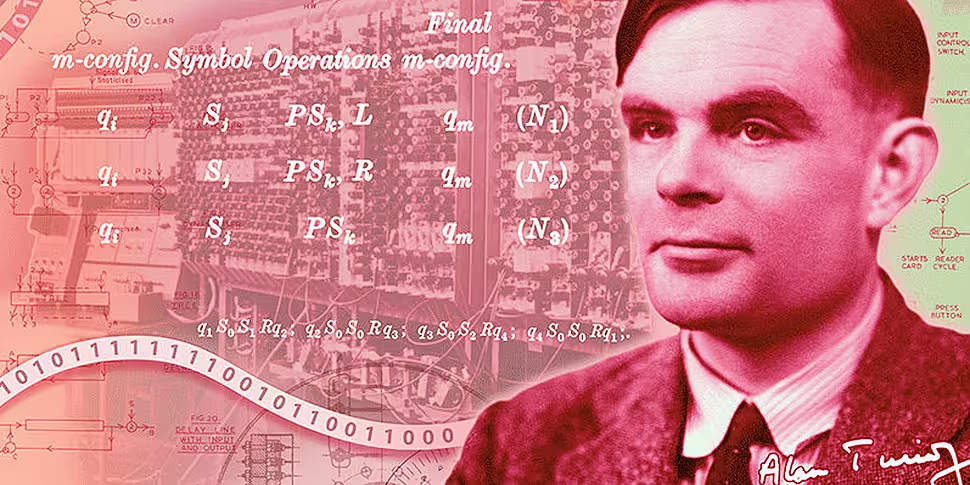The English mathematician and scientist Alan Turing will feature on a new British £50 note.
The Bank of England made the announcement today, saying the note's expected to enter circulation by the end of 2021.
Almost 1,000 scientists were nominated to appear on the new note, with a shortlist including the likes of Stephen Hawking and 19th century computer visionaries Ada Lovelace and Charles Babbage.
Having settled on Turing, Bank of England Governor Mark Carney said the late scientist was an "outstanding mathematician whose work has had an enormous impact on how we live today".
Mr Carney added: "As the father of computer science and artificial intelligence, as well as war hero, Alan Turing’s contributions were far ranging and path breaking.
"Turing is a giant on whose shoulders so many now stand.”
The note's design will feature a photo taken of Turing in 1951, as well as a copy of his signature from the visitor's book at Bletchley Park.
The design encompasses mathematical formulae from a key Turing paper published in 1936.
It also highlights a 1949 newspaper quote from the computer scientist, stating: “This is only a foretaste of what is to come, and only the shadow of what is going to be.”
Alan Turing (1912-1954) was one of the early pioneers of computers, and is best known for his work on code-breaking machines during World War II.
He's also widely credited with having made an early and lasting contribution to debates around artificial intelligence.
The 'Turing test', first developed in 1950, is still widely used as the name for a test to see if machines can exhibit intelligent behaviour similar to that of humans.
In 1952, Turing was convicted of gross indecency for his relationship with a man - with Queen Elizabeth II ultimately granting him a posthumous pardon in 2013.
Legislation revealed in 2016 to pardon gay and bisexual men in England and Wales of sexual offences - offences which have since been abolished in law - was dubbed 'Turing law'.









